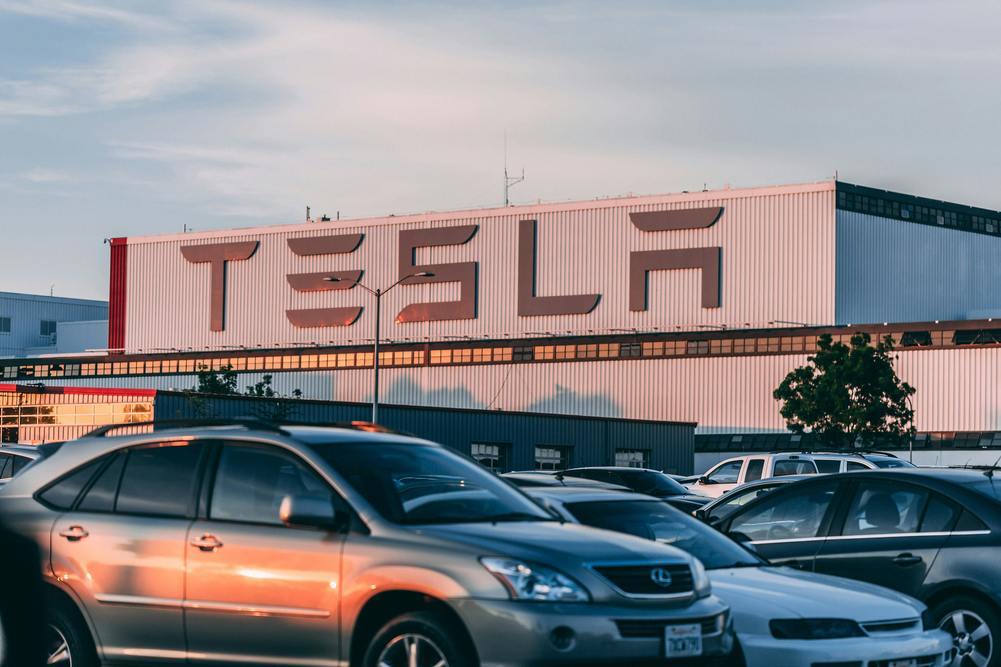
The history of the automobile industry is one which is if it is fascinating. It is a history which not only of engineering, although this is a significant part of it, but also a history of social progression. The car is not only a huge industry but it changed the way that people lived their lives.
Cars were invented much earlier than most people think the first cars were invented in Europe, in France and Germany in the 1800s. Though it was America who popularised mass car production the businessman Henry Ford, the people first responsible for inventing the car are Gottlieb Daimler, Karl Benz, Nicolaus Otto and Emile Levassor. These early cars did not run on petrol or diesel as cars do today, instead, the first internal combustible engines were powered by hydrogen.
Many of these first cars came comp lete with a chimney where they would release clouds of smoke which had been produced in the combustible engines, much like the exhaust pipe in cars today, except they were much less clean and evidently not great for the environment. The first vehicle which can carry large amounts of passengers was built in Wisconsin in the United States in 1871.
lete with a chimney where they would release clouds of smoke which had been produced in the combustible engines, much like the exhaust pipe in cars today, except they were much less clean and evidently not great for the environment. The first vehicle which can carry large amounts of passengers was built in Wisconsin in the United States in 1871.
This vehicle was invented by Dr. J.W. Carhart who entered a competition run by the state to make a vehicle that could transport people and was not powered by a horse, as had traditionally been the case, and they also stipulated that it must be able to travel at over 5 miles per hour.
This invention led to the first ever car race in the world which took place on 16 July 1878 in Green Bay, Wisconsin. Seven cars entered the race but only two could start and in the end, the winner was an entry from Oshkosh which took o ver 3 hours to complete the 323-km journey.
ver 3 hours to complete the 323-km journey.
By the nearing of the turn of the century in 1899, 30 different and independent American companies made 2,500 a year. An incredibly small number by today’s standards but it was considered a huge achievement at the time. In the coming decades over 400 different American companies would enter the market to try and get a piece of the pie which everybody wanted. It was very clear, even from this early stage that cars were going to be the next big thing that changed the world, just like the industrial revolution had dined over 100 years before.
This competition would start a kind of proxy war between the United States and Europe who both wanted to be leaders in the industry. Both would succeed in their own way but it would be the United States who eventually would bring cars to the masses over the coming decades.




